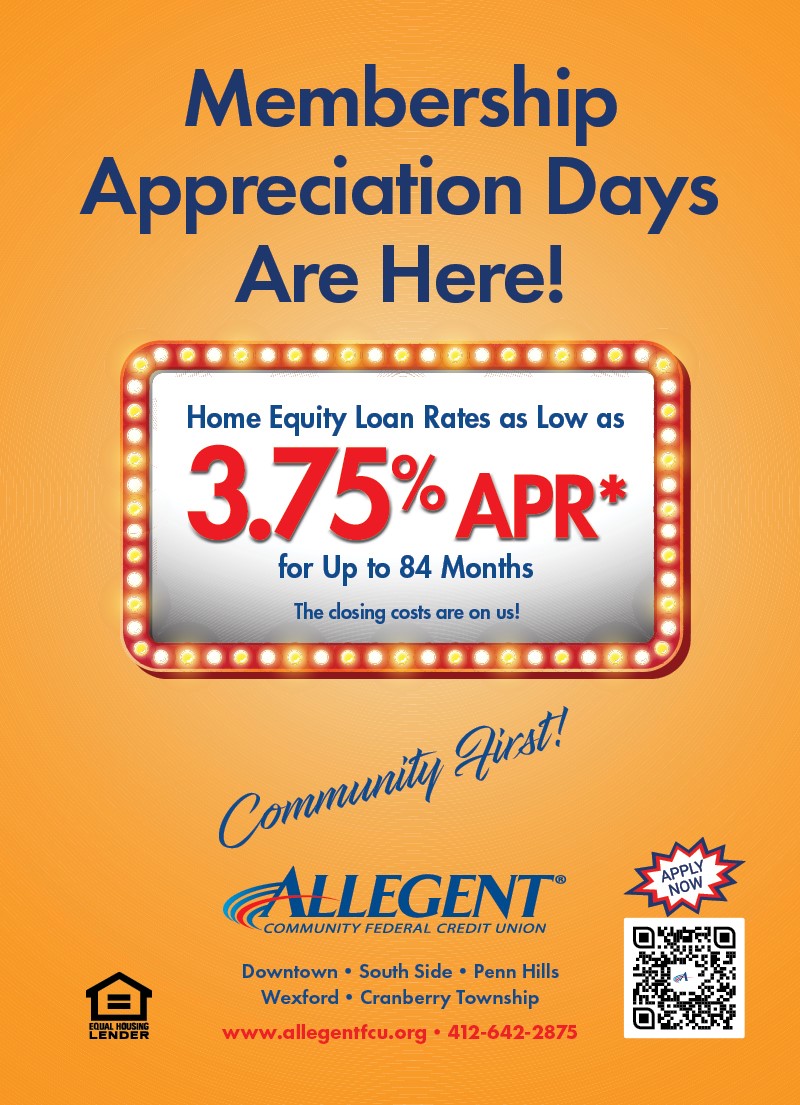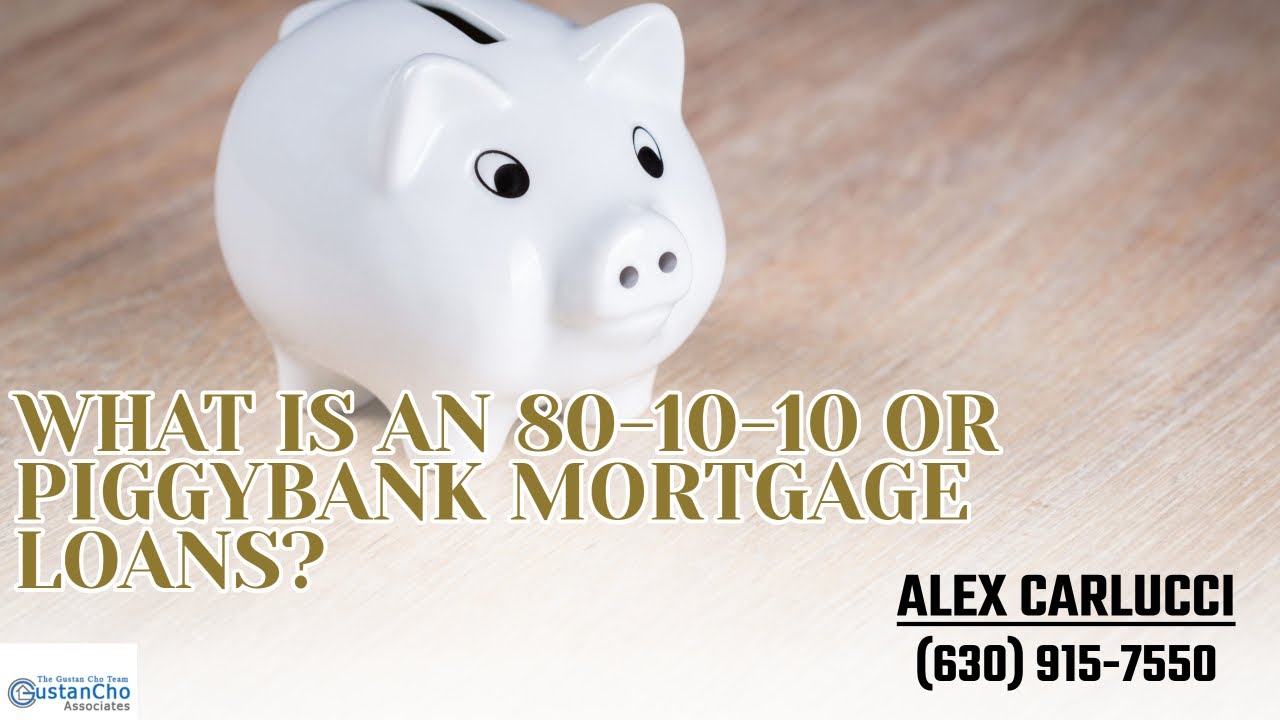
Personal loans can be more advantageous than home equity loan when it comes to borrowing money for home improvements or debt consolidation. Home equity loans offer tax benefits and a shorter repayment term. It is possible to not have enough equity in your house if you are just starting out with home ownership. Equity is your home's total value less the amount you owe. This equity may take several years depending on how quickly your mortgage is paid off and how much your home appreciates.
Personal loans have shorter repayment terms
The repayment terms for personal loans are usually between two and seven years, although some lenders will offer longer terms. A personal loan has a shorter repayment term which means that the total interest rate over the loan term is lower. However, personal loans tend to have higher interest rates than home equity loans. Additionally, personal loans might have higher minimum loan amounts.
A personal loan typically requires less paperwork than a home equity loan. It should be easy to qualify and the application process should be straightforward. A poor credit score may result in a higher interest rate than someone who has excellent credit. This could put you in a more risky position, and even lead to your losing your home.

Personal loans also have the advantage of being flexible. Personal loans generally have shorter repayment terms than home equity loans. Personal loans can often be used to pay off credit cards debts, or to finance a home renovation project. Lenders consider your credit history and ability to repay the loan. You will be eligible for a personal mortgage if you have excellent credit.
Higher interest rates
You should carefully consider the interest rates when choosing between a personal or home equity loan. Personal loans generally have a lower interest rate than home equity loans, but their terms are often longer. The home equity loan is secured with the home. You can lose your home if it defaults on the payments.
A personal loan typically has a term of two to seven years, although some outlier lenders will issue loans for longer periods. A home equity loan has a term of five to 30 years and you will have to repay the loan with the proceeds of the sale of your home.
A home equity loan's interest rate is typically lower than that of a personal loan. It ranges between 5% to 6%. While the interest rate of a home equity mortgage will fluctuate, it is still substantially lower than a personal or small-sized loan. The interest rate on a home equity loan will be linked to your credit score as well as your income. A personal loan, however, will have a fixed interest rate.

Longer terms of repayment
Home equity loans and personal loan both have advantages and disadvantages in borrowing money. Personal loans don't require collateral and typically have higher interest rates. However, they require borrowers with good credit. Personal loans are often approved faster than other types of loans.
If you have a strong credit history, but no equity in your home, personal loans may be a better option. These loans can be more costly and have higher fees for late payments or other faults. In some cases, personal loans can create more debt than home equity loans, especially if used to pay off credit cards.
For those who need more money, home equity loans can be a better option. These loans usually have lower interest rates and longer repayment terms which can help borrowers pay down their debts quicker. For those with substantial equity in their home, these loans might be more affordable. Both loans can be used for emergency funds or debt consolidation.
FAQ
Do I need flood insurance
Flood Insurance protects you from flooding damage. Flood insurance protects your possessions and your mortgage payments. Learn more information about flood insurance.
Should I buy or rent a condo in the city?
Renting is a great option if you are only planning to live in your condo for a short time. Renting lets you save on maintenance fees as well as other monthly fees. The condo you buy gives you the right to use the unit. You have the freedom to use the space however you like.
How do I know if my house is worth selling?
It could be that your home has been priced incorrectly if you ask for a low asking price. A home that is priced well below its market value may not attract enough buyers. Our free Home Value Report will provide you with information about current market conditions.
How long will it take to sell my house
It depends on many factors, such as the state of your home, how many similar homes are being sold, how much demand there is for your particular area, local housing market conditions and more. It can take from 7 days up to 90 days depending on these variables.
Statistics
- Over the past year, mortgage rates have hovered between 3.9 and 4.5 percent—a less significant increase. (fortunebuilders.com)
- Based on your credit scores and other financial details, your lender offers you a 3.5% interest rate on loan. (investopedia.com)
- When it came to buying a home in 2015, experts predicted that mortgage rates would surpass five percent, yet interest rates remained below four percent. (fortunebuilders.com)
- 10 years ago, homeownership was nearly 70%. (fortunebuilders.com)
- This means that all of your housing-related expenses each month do not exceed 43% of your monthly income. (fortunebuilders.com)
External Links
How To
How to Purchase a Mobile Home
Mobile homes can be described as houses on wheels that are towed behind one or several vehicles. Mobile homes were popularized by soldiers who had lost the home they loved during World War II. People today also choose to live outside the city with mobile homes. There are many options for these houses. Some houses have small footprints, while others can house multiple families. You can even find some that are just for pets!
There are two main types of mobile homes. The first type is manufactured at factories where workers assemble them piece by piece. This is done before the product is delivered to the customer. You can also build your mobile home by yourself. You'll need to decide what size you want and whether it should include electricity, plumbing, or a kitchen stove. You'll also need to make sure that you have enough materials to construct your house. You will need permits to build your home.
You should consider these three points when you are looking for a mobile residence. You may prefer a larger floor space as you won't always have access garage. A larger living space is a good option if you plan to move in to your home immediately. The trailer's condition is another important consideration. Problems later could arise if any part of your frame is damaged.
You should determine how much money you are willing to spend before you buy a mobile home. It is important to compare the prices of different models and manufacturers. It is important to inspect the condition of trailers. Although many dealerships offer financing options, interest rates will vary depending on the lender.
A mobile home can be rented instead of purchased. Renting allows for you to test drive the model without having to commit. Renting isn’t cheap. Renters typically pay $300 per month.